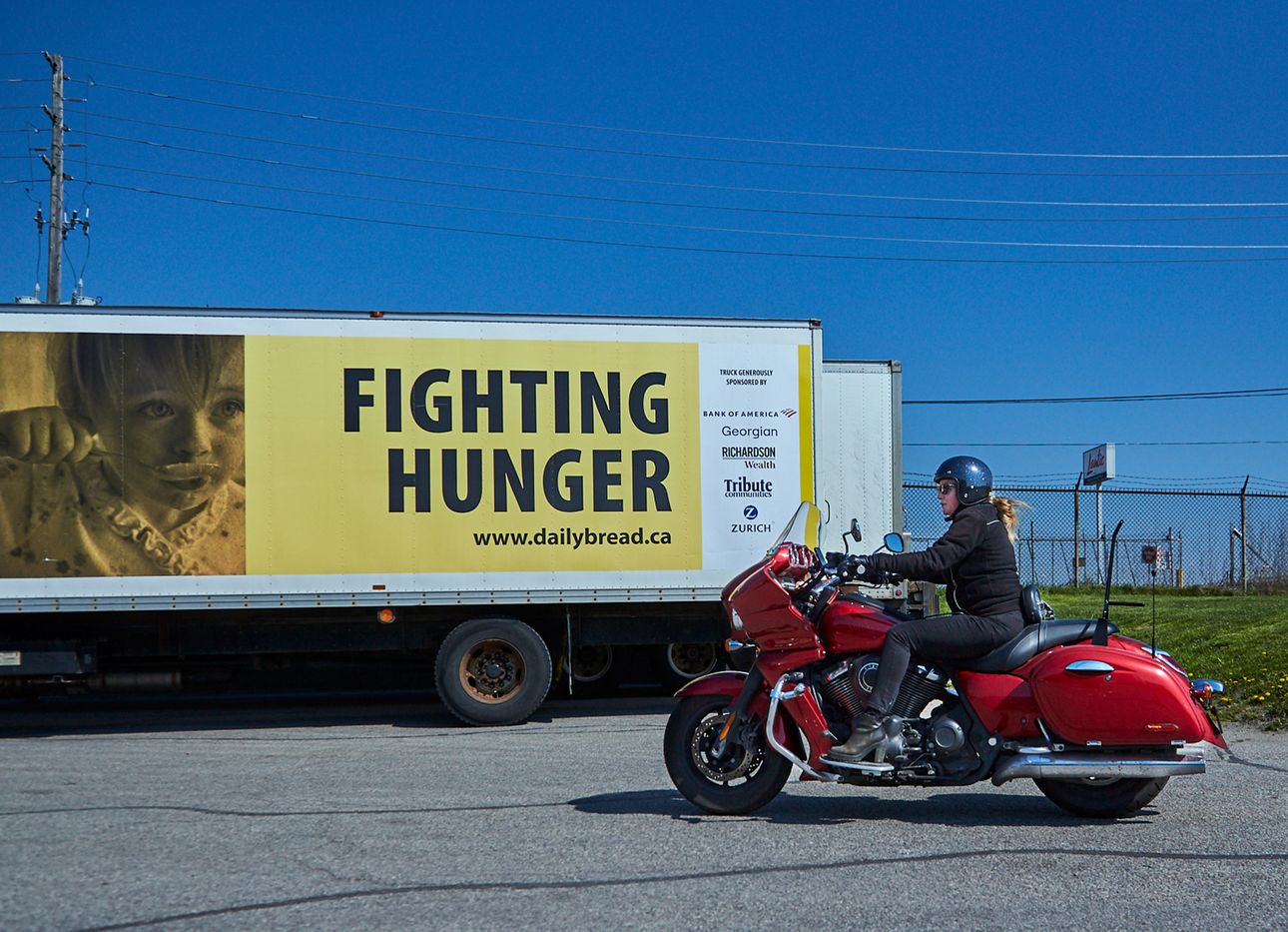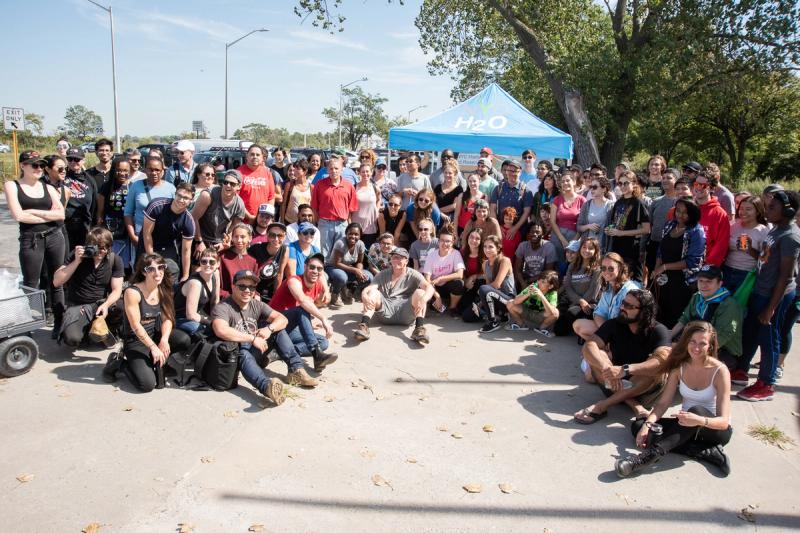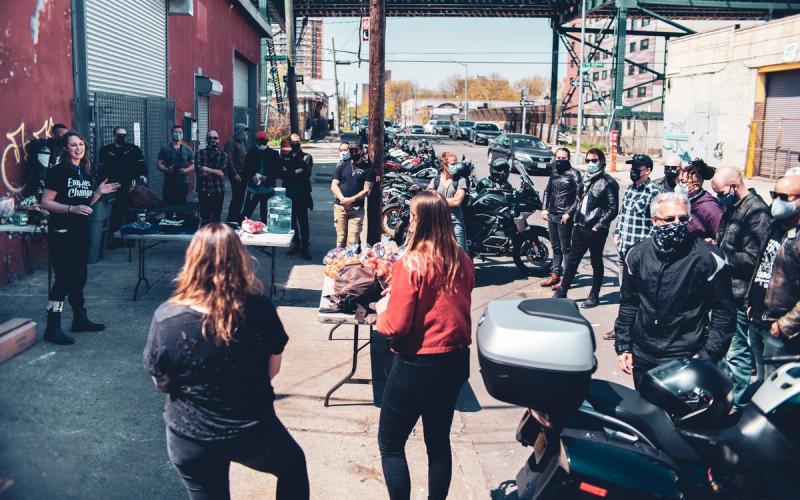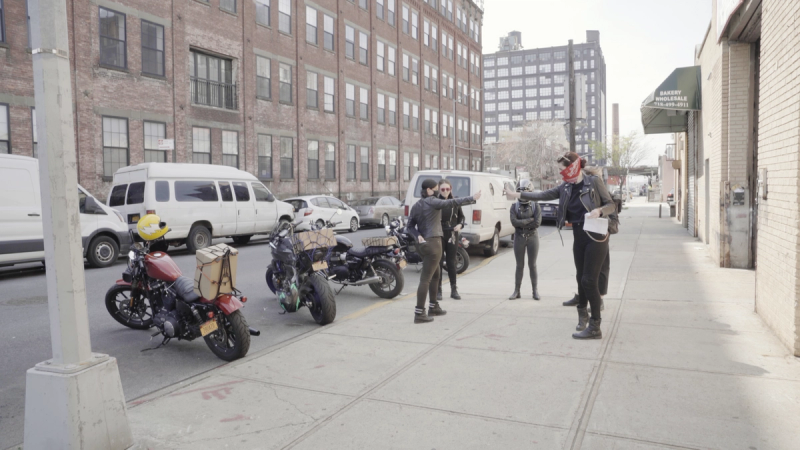
A Nonprofit Holds Up the Motorcycle as a Tool for Social Change
A motorcycle, at its most basic, is merely an object: two wheels, an engine, and a seat, on which a rider (if not a kickstand) keeps it all balanced. In America in the mid-20th century, the motorcycle was heavily laden with symbolism. It evolved into the must-have accessory for chaos agents—the James Deans and Evel Knievels of the world—and became an icon of the Hells Angels. But before that, motorcycles were largely practical machines, not symbols: Their spry bodies were used to deliver messages to and from the front lines in the First World War.
In 2019, Kirsten Midura founded Engines for Change (E4C), a non-profit organization built to bring the practical and altruistic use of motorcycles full circle—and into the modern age. In her eyes, it’s a platform for motorcyclists to enact massive positive change in the world, using their vehicles as social tools.
The idea for E4C arrived when Midura, an avid motorcyclist in New York with a sleek black and red 2014 Triumph Street Triple R, and a group of her motorcyclist friends were doing a daylong clean-up at Plumb Beach in Brooklyn. While she was planning their next project, Covid-19 hit New York City hard, and she quickly transitioned the group into a crisis support team. Being on motorcycles allowed them to nimbly move about and come to aid. “The subways weren't running. You couldn’t rent a car,” she says. “So we organized a network of motorcyclists to deliver supplies like hand sanitizer and masks.”
E4C has since gone global. Earlier this year, the organization partnered with Rally for Rangers and the Peruvian Service for National Protected Areas to donate and deliver motorcycles to two female park rangers in the Amazon. These bikes will allow them to track illegal poaching and logging in remote locations with greater ease, access, and agility. Midura and fellow rider Susan Seo drove the motorcycles more than 1,000 miles across Peru to personally deliver the bikes to the women rangers.
Since its inception, Midura has had a wide scope in mind for what she’s building. She believes that “motorcycles are not only adaptable and capable tools, but the culture and ethos of motorcyclists make us an approachable and refreshing solution to environmental and social issues.” To date, E4C has organized several more beach clean-ups, voter-registration drives (literal and metaphorical), fundraising concerts for Afghan refugees, and partnered with Ride My Road to raise funds and awareness to fight human trafficking and support survivors in the United States with life-changing programs.
A biker gang need not be a symbol of fear or aversion, or even simply adventure. With E4C, Midura is harnessing the natural camaraderie of motorcyclists to inspire and uplift.


